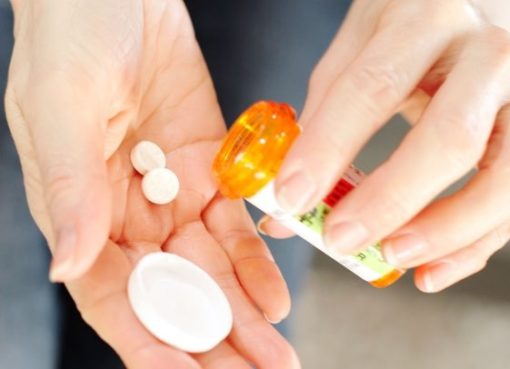Opioid Abuse Crisis in the United States.
You may be taken aback to find out that about 100 Americans die from opiate addiction and opioid addiction daily. Opioid addiction and alcoholism often co-occur. People who are already struggling with drug abuse are more prone to adopt illegal methods to get the intended high, which helps to explain why opioid addiction is becoming more common. Many people who depend on opioids to relieve their pain or medical conditions are unaware of how dangerously addicting the drugs may be. If you or a beloved one is battling with opioid addiction, you ought to do everything in your power to get help and treatment to stop this kind of drug abuse from robbing off your life.
Effects of Alcohol and Opioid Interaction
Alcohol and opioids like Percocet, Vicodin, and OxyContin are examples of sedatives. When used together, the two drugs have a synergistic effect that produces a more potent sedative effect. Dizziness, hypothermia, lack of coordination, numbness, irregular heartbeat, nausea, dehydration, respiratory arrest, vomiting, and coma are among the possible side effects.
If medical attention is not sought, an overdose of alcohol and opioids can be fatal. According CDC, people aged 40 to 49 and 50 to 59 account for 25.2% and 25.3%, respectively, of overdose fatalities. This may be due to the increased incidence of medical conditions in the elderly that increase their vulnerability to fatal side effects.
Opioid and Alcohol Overdose Treatment
Overdoses from alcohol and drugs can happen at any time, and people who misuse both drugs often lack the basic coping skills to recognize an overdose’s warning signals. A bystander should to call 911 right away to prevent possibly disastrous outcomes.
First responders can administer the drug naloxone to reduce the consequences of an opiate overdose. By attaching to the same pain receptors that opioid medications affect, the substance known by the brand names Narcan and Evzio temporarily suppresses their effects. Despite the short-lived nature of naloxone’s effects, it can provide a person with enough time to travel to a hospital and get care.
Naloxone is just a short-lived alternative, and there is presently no effective therapy for alcohol overdose. Anyone displaying signs of alcohol overdose requires urgent care in a hospital environment. Medical professionals may perform stomach pumping, administer activated charcoal, or give patients vitamins and carbohydrates to help them avoid problems when their bodies are being cleansed of alcohol.
Seek Best Advice from Skyward Treatment Center in Dallas
If you’re ready to change and become sober, get in touch with our compassionate addiction specialists at Skyward Treatment Center in Dallas. Whether you’re battling an alcohol dependency or have developed drug abuse issues with prescription opioids, the addiction treatment experts at Skyward will always go above and beyond to make sure you have the skills needed to beat your drug and alcohol problems for good. Call us today to learn further about our addiction treatment services and why we are regarded as a leading rehab center.





